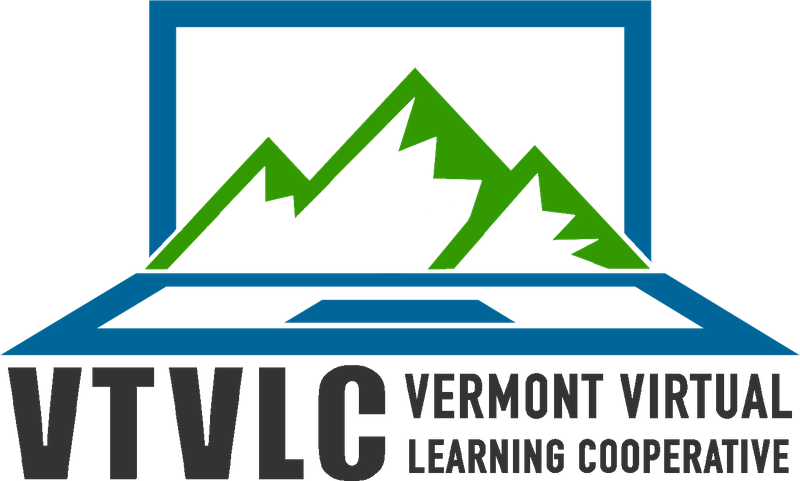Mastering Online Learning: Executive Functioning Skills That Make a Difference
Online learning gives students the flexibility to learn on their own time, at their own pace—but that freedom also comes with responsibility. To succeed in an online class, students must rely on executive functioning skills: the mental processes that help us plan, focus, remember instructions, and juggle multiple tasks effectively.
At VTVLC, we know that online learners aren’t just working toward academic success—they’re building skills they’ll use for life.
Here’s how to sharpen the executive functioning tools that matter most in a virtual classroom, with a focus on three essentials: time management strategies like the Pomodoro Technique, clear communication with teachers, and prioritizing wellness.
1. Time Management: Work Smarter with the Pomodoro Technique
In online courses, you don’t have a bell schedule to structure your day. That’s why time management is one of the most important executive functioning skills you can build.
Try using the Pomodoro Technique—a time-tested method that helps fight procrastination and improve focus. Here’s how it works:
- Set a timer for 25 minutes and work on one task.
- Take a 5-minute break when the timer goes off.
- Repeat this cycle 4 times, then take a longer break (15–30 minutes).
These short, focused sprints help you stay engaged, avoid burnout, and make the most of your study time.
Pro tip: Schedule your Pomodoro sessions using a digital calendar or planner, and include your VTVLC deadlines right in the schedule.
2. Communication: Your Teachers Are Here to Help
In a virtual classroom, clear and respectful communication is essential. You may not see your teacher every day, but they’re still your partner in learning.
Strong online learners:
- Check their email daily, reading teacher announcements first.
- Use professional email etiquette, including a subject line, greeting, and a concise message.
- Know when and how to ask for help, whether it’s about a tough assignment or understanding feedback.
Writing a clear message is a skill that will serve you in college, your career, and beyond. Use every interaction as an opportunity to practice being clear, respectful, and proactive.
3. Wellness: You Can’t Learn Well If You Don’t Feel Well
Online learning gives you freedom—but it also requires balance. That means your wellness matters.
Here are three key wellness strategies that support your executive functioning:
- Mindful Breathing & Grounding: Take a few minutes to practice deep breathing or the Five Senses check-in to manage stress and stay present.
- Healthy Routines: Stick to a consistent sleep schedule, eat well, and carve out regular time for physical activity.
- A Focused Workspace: Create a distraction-free environment where your brain knows it’s time to work—then reward yourself with breaks and downtime.
Prioritizing self-care helps your brain stay sharp and your motivation stay strong.
Bonus Executive Functioning Skills That Matter
- Organization: Keep your inbox and files tidy. Use folders for each class, and delete emails you no longer need.
- Goal-Setting: Break big tasks into small ones, and celebrate your progress.
Persistence: Log in daily, even when it’s hard. Consistent engagement is the key to staying ahead.
Self-Monitoring: Reflect on what’s working—and what’s not. Then adjust.
Executive functioning isn’t something you’re either born with or without—it’s a skillset you can hone over time with good habits and a little hard work. By mastering strategies like time management, writing effective emails, and taking care of your mind and body, you’re not just succeeding at online learning—you’re setting yourself up for success in everything that comes next.
Need support? Your teachers are here for you. Whether it’s scheduling help, study tips, or just someone to check in with, don’t hesitate to reach out.

